‘Bahamas Leaks’ puts spotlight on UBS and Credit Suisse
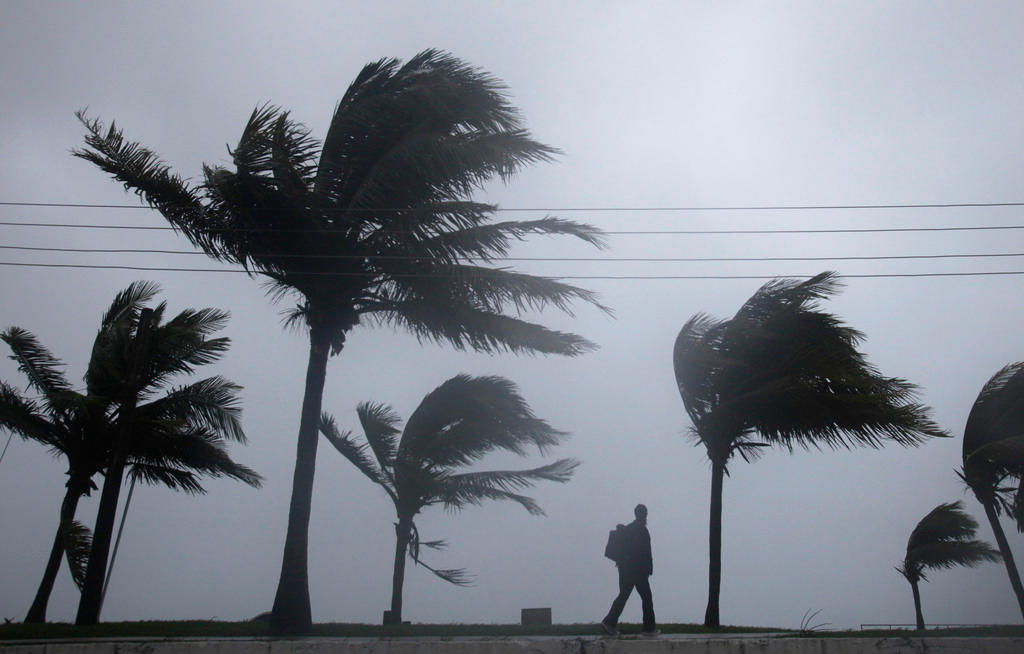
One out of every ten offshore companies registered in the Bahamas since 1990 has been created by Swiss banks UBS and Credit Suisse, according to a cache of documents known as ‘Bahamas Leaks’, which has been examined by media outlets, including several Swiss newspapers.
The two banks have set up around 9,500 companies each in the tax free country over the last 25 years, out of a total of 175,000, according to information revealed in leaked files, which were based on data from a corporate registry in the Bahamas.
UBS and Credit Suisse came second and third in a ranking of institutions setting up the most offshore companies for clients. First place went to Panama law firm Mossack Fonseca, which was at the centre of the Panama Papers scandal in April.
The activities of the two Swiss banks reached a peak in 2004 and 2005, just before the first savings taxation agreements were concluded with the European Union. During those two years, 37% of new offshore firms created in the Bahamas were set up by a Swiss intermediary.
The latest leaks were published in a database on Wednesday by the German newspaper Süddeutsche Zeitung, the International Consortium of Investigative Journalists (ICIJ)External link, and other media, including the Tages-Anzeiger, 24Heures and Tribune de Genève dailies.
They also reveal the names of politicians and others linked to more than 175,000 offshore companies, trusts and foundations.
Strictest due diligence
The Tribune de Genève reported that all the Swiss banks it had contacted for comment claimed to abide by the strictest due diligence and money laundering procedures.
Meanwhile, Mexican authorities said on Wednesday that the financial affairs of hundreds of Mexicans mentioned in the ‘Bahamas Leaks’ cache would be checked for tax violations.
The European Commission said on Thursday it was looking into whether to take action against former European Union commissioner Neelie Kroes for failing to declare a directorship of an offshore firm in the Bahamas.
While the use of offshore entities is not in itself illegal, the revelations from the Panama Papers in April resulted in raids and investigations around the world, including those by Swiss prosecutors on European football’s governing body UEFA, and an official investigation by the authorities in Geneva.
The Bahamas have been placed on a “grey list” of uncooperative tax havens by the Organisation for Economic Cooperation and Development (OECD).
The Panama Papers were a series of reports based on millions of documents leaked from the Panama law firm Mossack Fonseca, which revealed how its lawyers worked with big banks, including Credit Suisse and UBS, to create numerous offshore shell companies in Panama for world leaders, athletes and other rich clients.
According to the leaked documents, Credit Suisse Channel Islands Limited was listed as the third largest facilitator of offshore companies in the Panama Papers.
Swiss banks cited in the Panama Papers for promoting the use of offshore companies, Credit Suisse, the Geneva branch of HSBC and UBS, denied any financial impropriety. Tidjane Thiam, CEO of Credit Suisse has previously denied any links to illegal assets.

In compliance with the JTI standards
More: SWI swissinfo.ch certified by the Journalism Trust Initiative
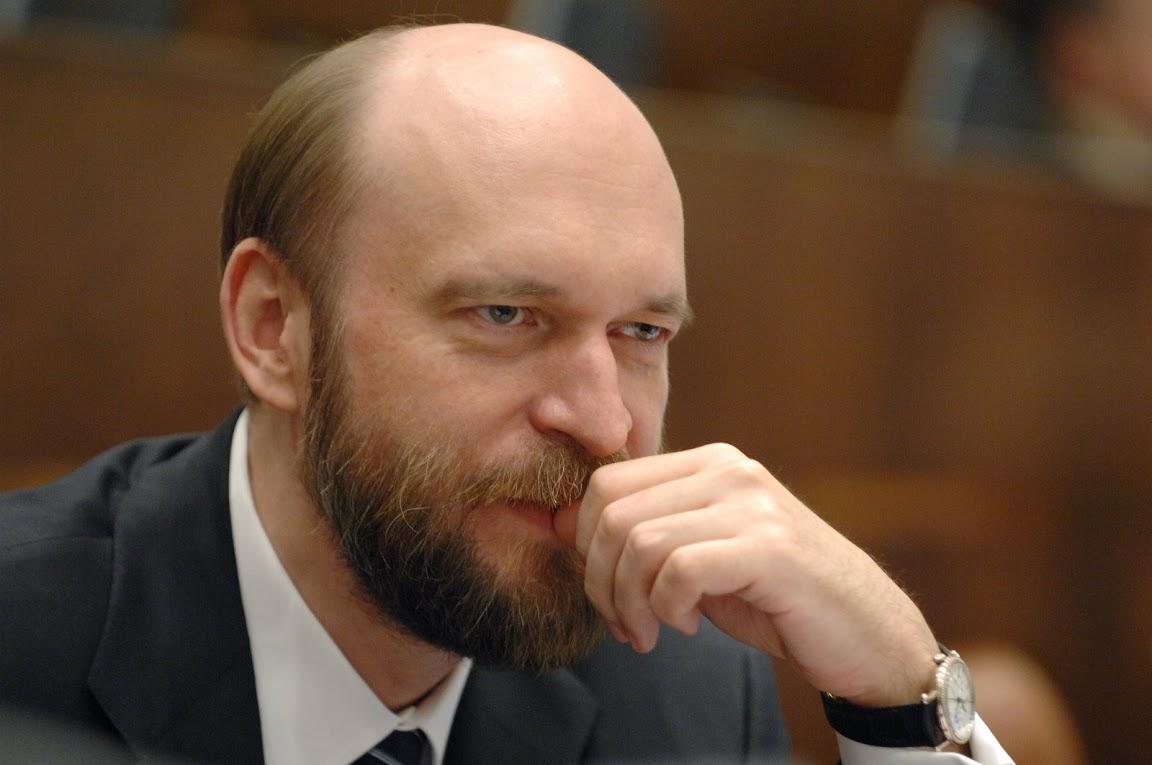
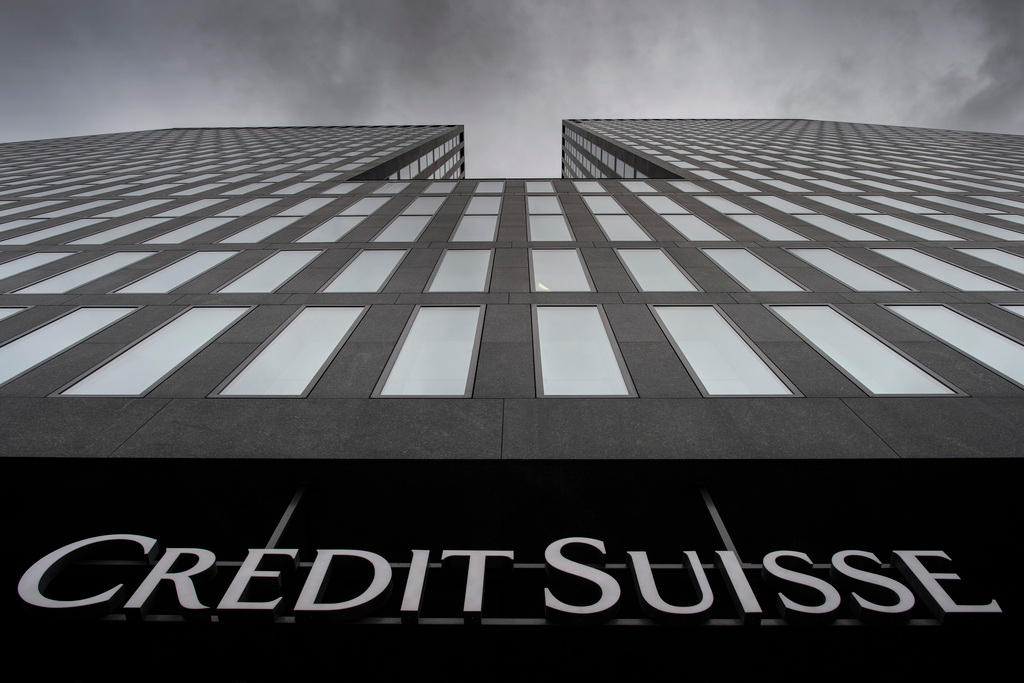
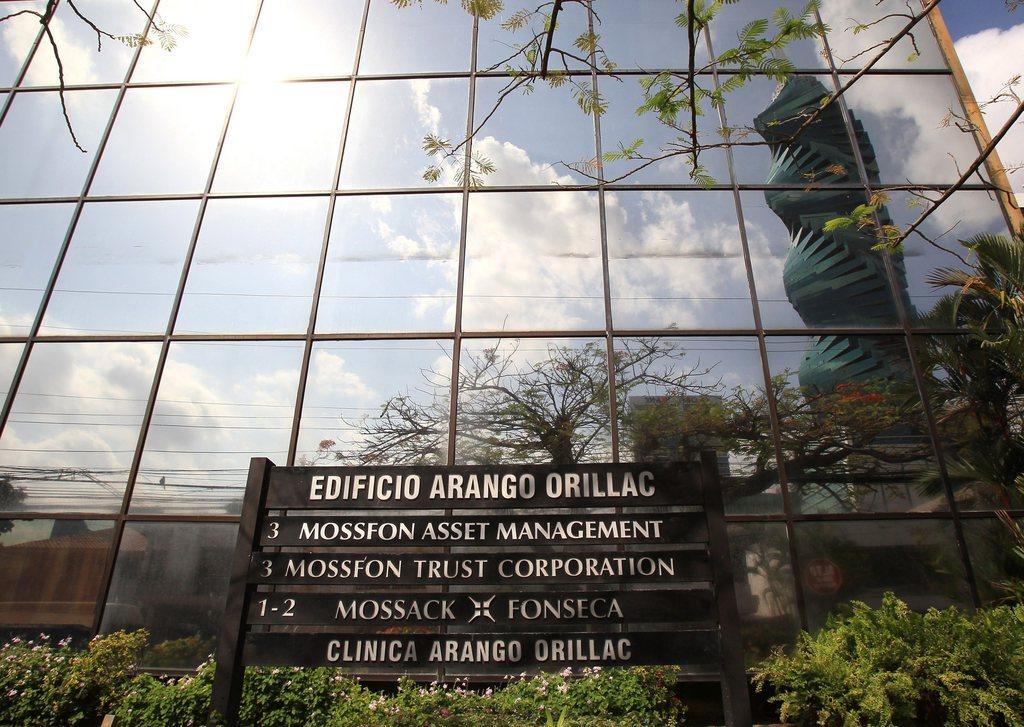
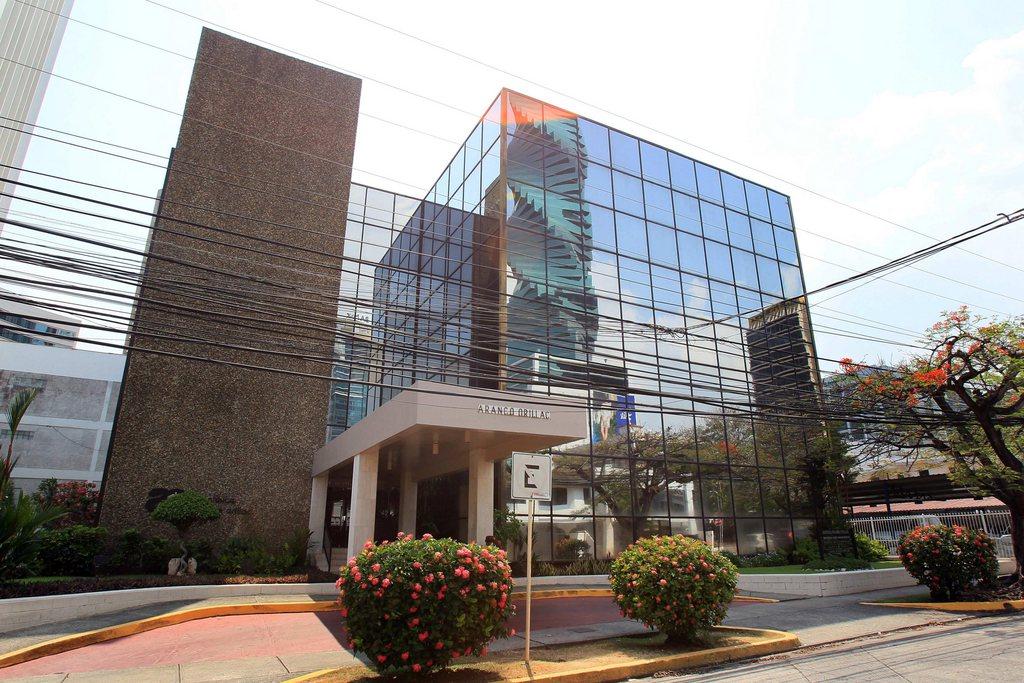
You can find an overview of ongoing debates with our journalists here. Please join us!
If you want to start a conversation about a topic raised in this article or want to report factual errors, email us at english@swissinfo.ch.